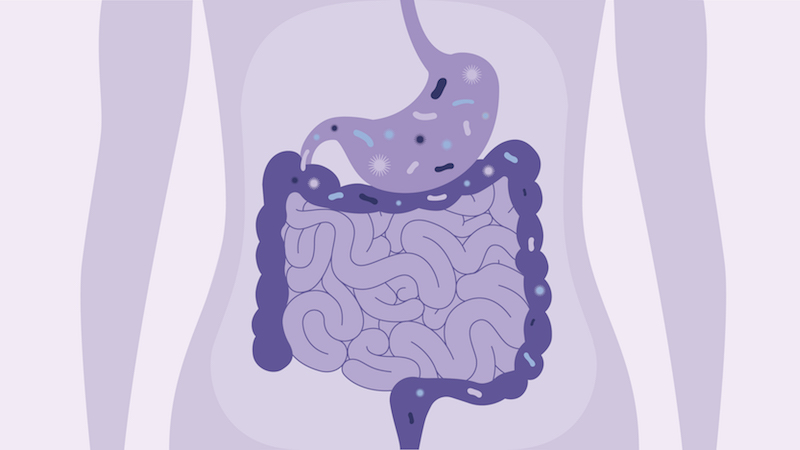Treatments
Irritable Bowel Syndrome Treatments
Because symptoms vary from patient to patient, most treatments are highly individualized. Unfortunately, there is no one size fits all treatment plan. Each is individualized, based on a goal of symptom improvement (not cure) and represents a trial and error process. Do not get frustrated it the first few treatments do not work. Treatments may include:
- Dietary changes:
- Avoiding foods high in fat, spicy foods, and caffeinated and alcoholic beverages can improve symptoms.
- Special diets low in lactose, gluten, and FODMAPs have been specifically shown to reduce IBS symptoms.
- Your physician will work with you to identify trigger foods and plan a diet to minimize discomfort. He or she may also request that you consult with a dietary specialist.
- Behavioral therapies:Cognitive behavioral therapy (CBT) and hypnotherapy have consistently been shown to be effective in reducing symptoms for at least 70 percent of IBS patients. These treatments are provided by specialized behavioral psychologists.
- Medications: Treatment may include fiber supplements, antispasmodics, antibiotics, serotonin-modifying agents, secretagogues (substances which cause other substances to be secreted), non-systemically absorbed antibiotics, opioid agonists and antagonists, bile-acid binding agents, and antidepressants.
- Natural supplements: Probiotics (healthy bacteria) and herbs such as peppermint oil capsules may prove helpful in controlling symptoms.



